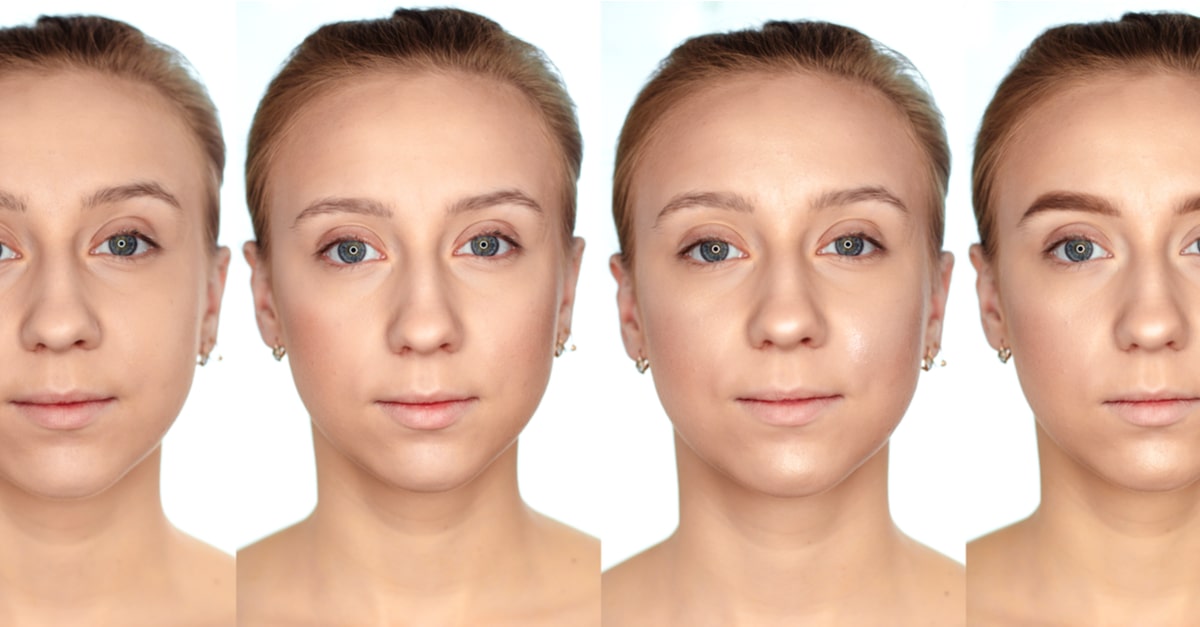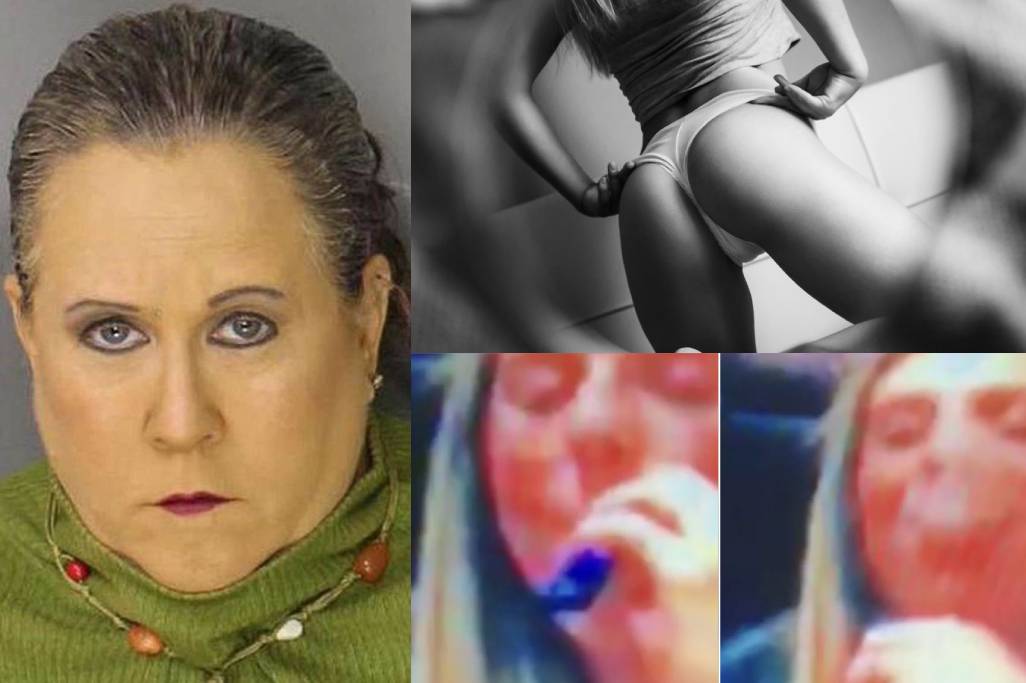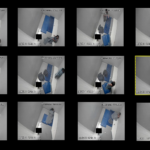Deepfakes were used to frame a group of cheerleaders, it has been revealed.
According to a Pennsylvania police report, Raffaela Spone used deepfake videos to frame her daughter’s cheerleading rivals.
As a result, she was charged late last week with misdemeanour counts of cyber harassment of a child and related offences, according to the affidavit of probable cause for her arrest. She was released on the condition that she appeared at a preliminary hearing on March 30.
She also sent fake images – which showed members of the Victory Vipers team “naked, drinking and smoking” – to the coach.
Deepfakes use artificial intelligence to create realistic-looking videos and images.
Her crimes were uncovered when one of the victim’s parents came forward in July, when that girl began receiving harassing text messages from an anonymous number. The girl and her coaches at Victory Vipers were also sent photos that appeared to depict her naked, drinking and smoking a vape. Her parents were concerned, they told police because the videos could have caused their daughter to be removed from the team.
Once the investigation was launched, two more families came forward to say their daughters had been receiving similar messages from an unknown number, the affidavit said. The other victims were sent photos of themselves in bikinis, with accompanying text saying the subjects were “drinking at the shore.”
After analyzing the videos, detectives determined they were “deepfakes” — digitally altered but realistic-looking images — created by mapping the girls’ social media photos onto other images.
Detectives were later able to trace the origins of the texts. It is unclear how she acquired the phone number of her daughter’s rivals.
One of the parents of the victims said that his daughter was initially friends with Spone’s daughter and the texts were received shortly after.
Scientists are currently working on technology that could make deepfakes easier to spot. The researchers from the University at Buffalo have developed a tool that can identify whether an image has been doctored by analysing light reflections in a person’s eyes.
Lead author Siwei Lyu, said: “The two eyes should have very similar reflective patterns because they’re seeing the same thing.”
“It’s something that we don’t typically notice when we look at a face.”
Akashic Times is the UK’s only online, fully independent not-for-profit newspaper that brings you real news from across the globe.
If you want to keep ahead of what is really going on in the world, subscribe to our newspaper via the subscribe button and join our Facebook & Twitter pages. Subscription is completely free ofcourse

















Follow Us!